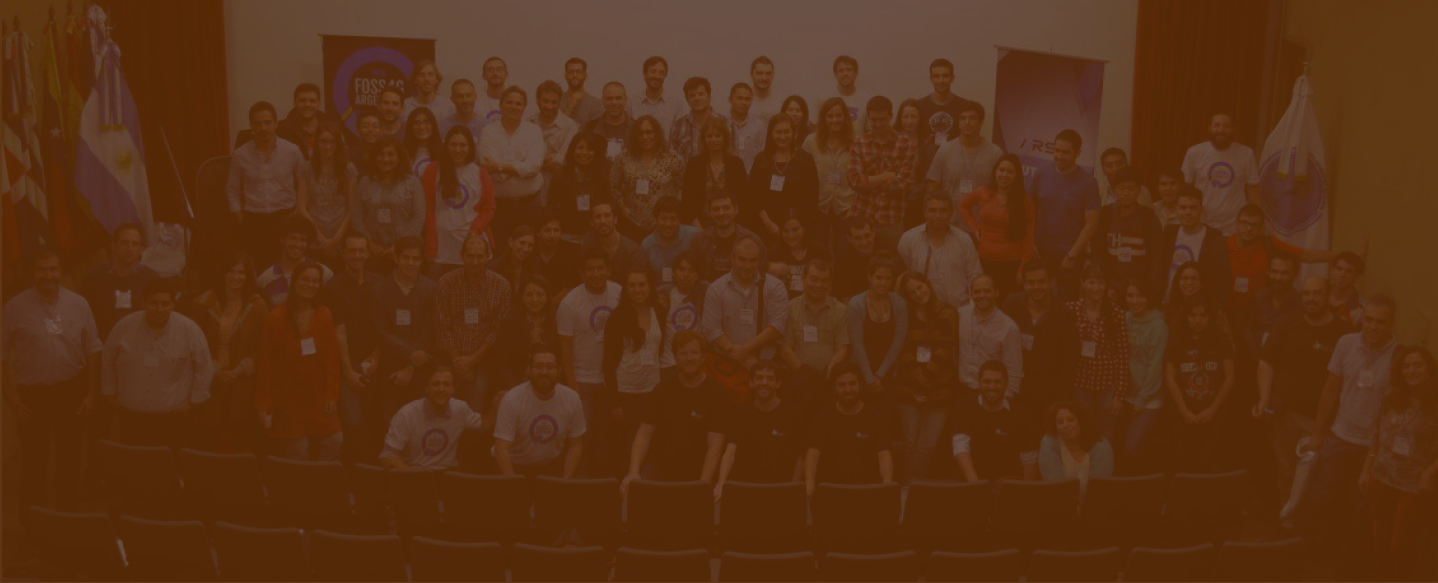2021-10-01, 14:00–14:30, Academic
The energy sector will drastically change in the following years; multiple agreements have been signed by countries with the purpose to reduce carbon emission and contain the global temperature increase. Besides, in the next years the energy demand will increase with the growth of the Information and Communications Technology sector. To combine these two aspects, future energy needs to be produced with renewable resources and less with fossil fuels.
An opportunity to discover and plan the use of renewable energy resources are geospatial data derived from satellite acquisitions. The European Earth Observation programme Copernicus provides multiple datasets in an Open Science approach. Within this paper, multiple datasets offered by Copernicus services are presented in relation to their exploitation for the energy system analysis, with a particular attention to renewable energy. The datasets will be analysed according to their properties and possibility of usage.
Additional Copernicus satellite derived data that can benefit the emerging topic of the food-energy-water nexus are finally presented to point out significant development in the energy sector which is recently claiming growing attention.
In 2015 the Paris Agreement was signed by 196 Parties with the purpose to keep the increase in global average temperature to well below two Celsius degrees above the pre-industrial levels. In 2019, the European Commission proposed the new European Green Deal, supported the creation of "An Open, Democratic and Sustainable Society", and stated the necessity of reaching climate-neutrality by 2050. But, as reported in the plan, the energy demand will grow in the coming years due to the increase in the ICT sector.
These two requests can be satisfied only with the use of renewable energy, which is based on natural resources, such as sunlight, wind, rain, waves, geothermal heat and biomass and the drastic reduction of the energy produced by burning fossil fuels such as oil, coal and gas.
Being the energy question one of the most challenging, geospatial experts are active in exploring how they can contribute to this field. The use of data provided by satellites offers a relevant opportunity to this aim. Copernicus data have been successfully used in some past research, but its full potential has not been completely exploited.
In 2019, the Copernicus data were used to create online monitoring and estimation application SEAP (Solar Energy Assessment and Planning) (Moreno-Garcia et al., 2019) for photovoltaic production. The tool interrogated the API of the climate data store (CDS) of the Copernicus Climate Change Service and could determine the energy produced, also providing forecasts from short-term to long-term to climate change conditions. The studies use climate variables of the solar radiation, air temperature at soil level, wind speed at soil level and precipitation. The data are provided with sub-daily (6h) and daily periods. Also, the authors use historical data to calibrate the application.
The potential in tidal energy in the Moroccan Atlantic Ocean and the Mediterranean Sea has been analysed by (Hariss et al., 2020). The research used the dataset from the Copernicus Marine Environment Monitoring Service of the Iberia-Biscay-Ireland Regional Seas. The dataset provided multiple pieces of information on physics, biogeochemistry and waves. The results of the research show the potential of the coasts as a source of renewable energy.
These examples show how the Copernicus data could be used for different approaches. The data could provide an introductory analysis as in the latter research. Either, they could also provide a final service to the plants' managers for technical management. Copernicus provides multiple other services that could be useful for other renewable energy sectors. The scope of the paper is to illustrate and describe the most interesting ones found in the different services.
Stucchi, Lorenzo (1)
Aiello, Martina (2)
Gargiulo, Alessia (2)
Brovelli, Maria Antonia (1)
(1) Politecnico di Milano, Department of Civil and Environmental Engineering, Milano, Italy
(2) Ricerca Sistema Energetico–RSE SpA, Milan, Italy
Academic
Topic –Academic
Level –2 - Basic. General basic knowledge is required.
Language of the Presentation –English
PhD Student at the Department of Civil and Environmental Engineering at Politecnico di Milano (Italy). Co-founder and officier of PoliMappers, YouthMappers chapter based in the same university.

